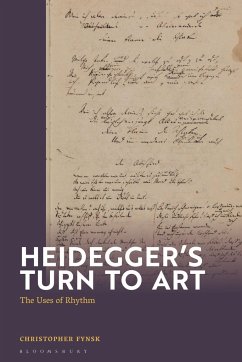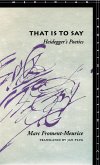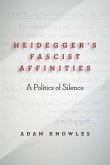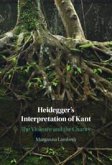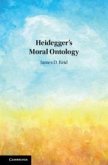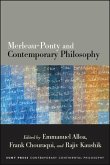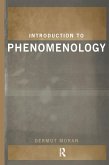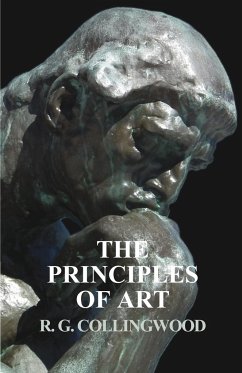In this major new contribution to Heidegger studies, Christopher Fynsk provides an original account of Heidegger's reflections on art, and in particular the poetic work of art, to explore the central yet overlooked Heideggerian idea that all art has a rhythmic character. Following the development of Heidegger's thoughts on rhythm, this book focuses especially on the critical moment of Heidegger's turn to art in the mid-1930s and his reading of Friedrich Hölderlin's river hymns. This not only allows for a new reading of his monumental essay "The Origin of the Work of Art", but also a sustained analysis of his engagement with Hölderlin and Aristotle. Importantly, it further reveals the centrality of rhythm to Heidegger's thought and its relation to his other ideas. Indeed Fynsk connects rhythm to Heidegger's theorization of usage, "der Brauch", and in turn the role of usage to his reflections on the relation between being and human being. Drawing on a wide range of art, from cave paintings to Francis Bacon, this is a significant and insightful study of the ontology of rhythm in Heidegger and beyond.
Bitte wählen Sie Ihr Anliegen aus.
Rechnungen
Retourenschein anfordern
Bestellstatus
Storno

